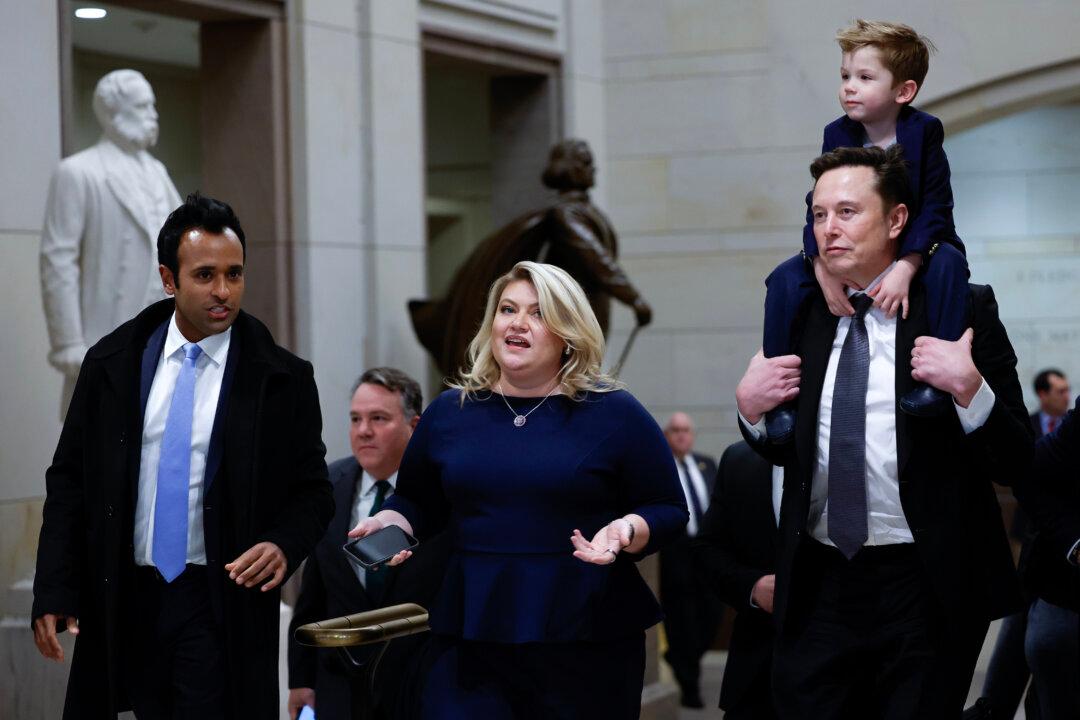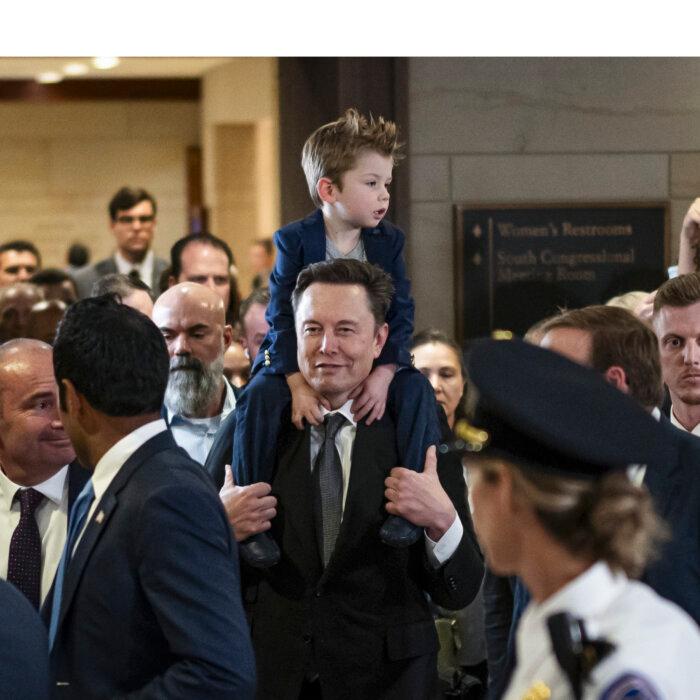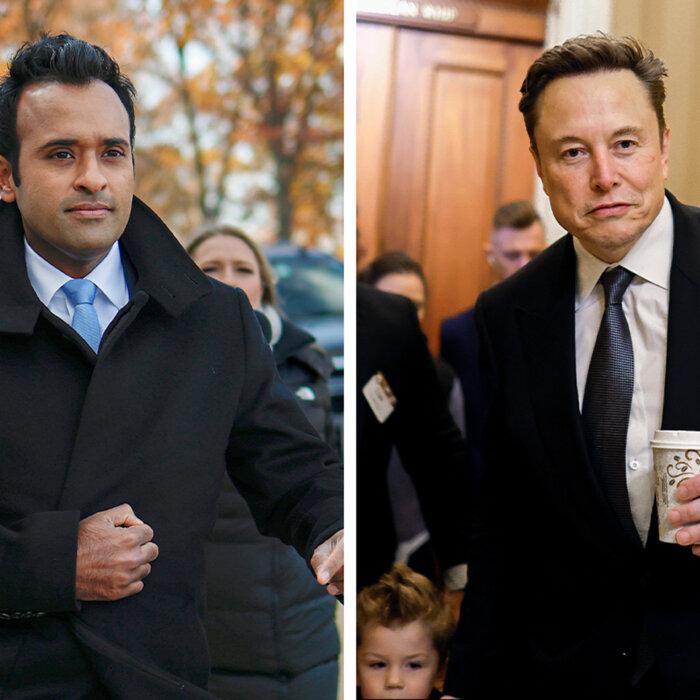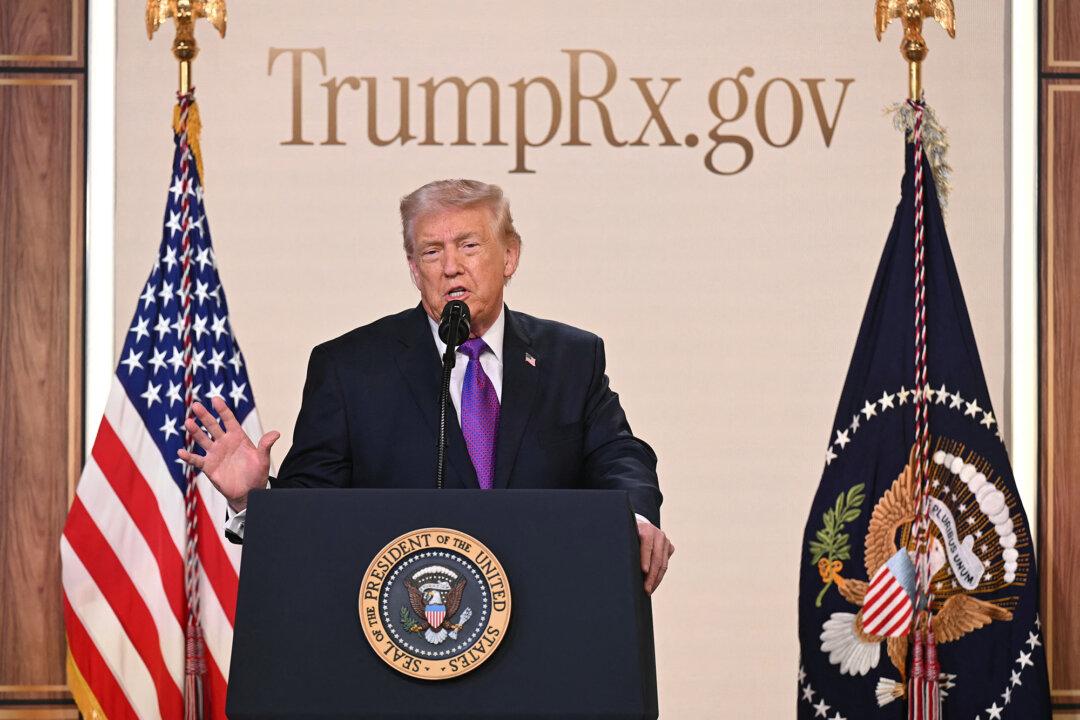Tech billionaire Elon Musk and businessman Vivek Ramaswamy met with U.S. lawmakers in Congress at the nation’s Capitol this week to discuss the next steps with their government’s vision for cost-cutting.
The Department of Government Efficiency (DOGE) aims to slim down administrative government, undo regulations, and reduce spending, ultimately slashing $2 trillion from the roughly $6.75 trillion federal budget.
It isn’t yet clear how DOGE—named in an apparent reference to the meme cryptocurrency dogecoin—will function, as it is not exactly a government agency but more of an advisory board.
Some lawmakers believe this could aid the incoming Trump administration in its mission to remove government bloat, unhindered by the regulatory chains that hold back agencies like the U.S. Government Accountability Office.
DOGE was set up a month ago following a pre-election conversation between Musk and President-elect Donald Trump, who has since said it has the potential to become the “‘Manhattan Project’ of our time,” referring to the top-secret government program that produced the first nuclear weapons that ended World War II.
“Unlike government commissions or advisory committees, we won’t just write reports or cut ribbons. We’ll cut costs,” they state in their op-ed.
Their deadline is set for America’s 250th birthday on July 4, 2026.
Roughly two-thirds of the total budget is mandatory and includes defense spending and popular programs like Social Security and Medicare, which would cause some roadblocks for DOGE. Trump has promised to safeguard Social Security.
Though approximately a third of the budget is discretionary, this would give DOGE an avenue of where to start cutting, and there are also a number of other indicators that can be used as a guide, including the government’s history of financial mismanagement.
Rep. Marjorie Taylor Greene, (R-Ga.) is expected to lead a DOGE subcommittee working alongside Musk and Ramaswamy to see how they can relieve America of its $36 trillion debt.






